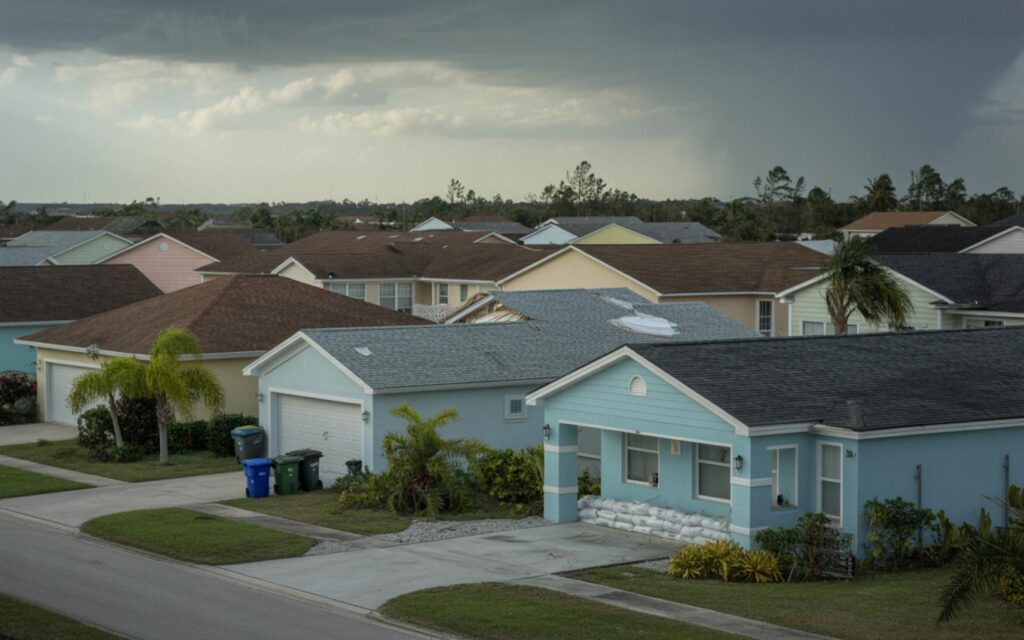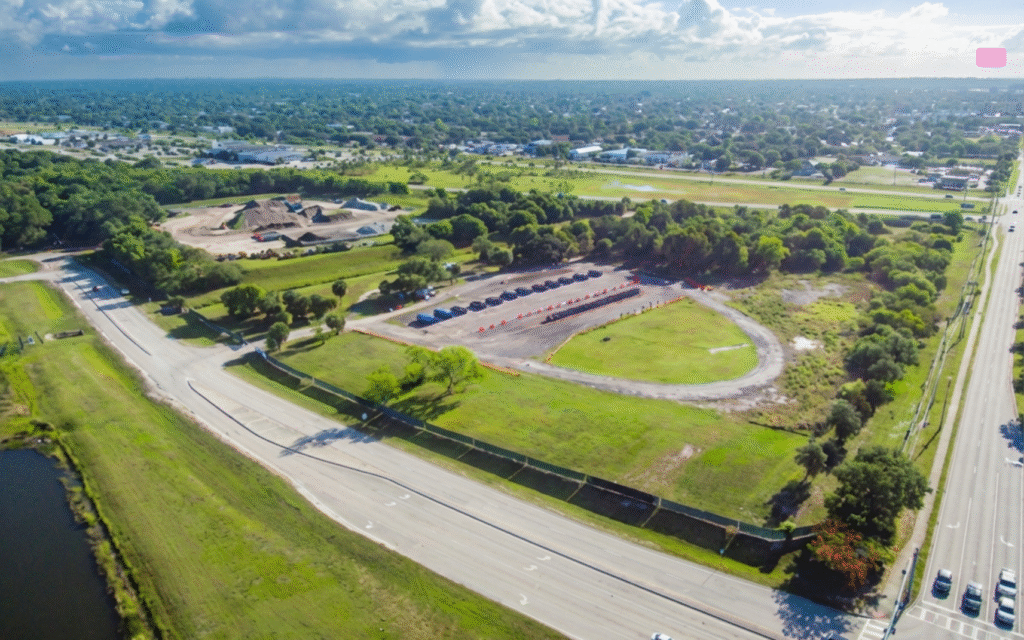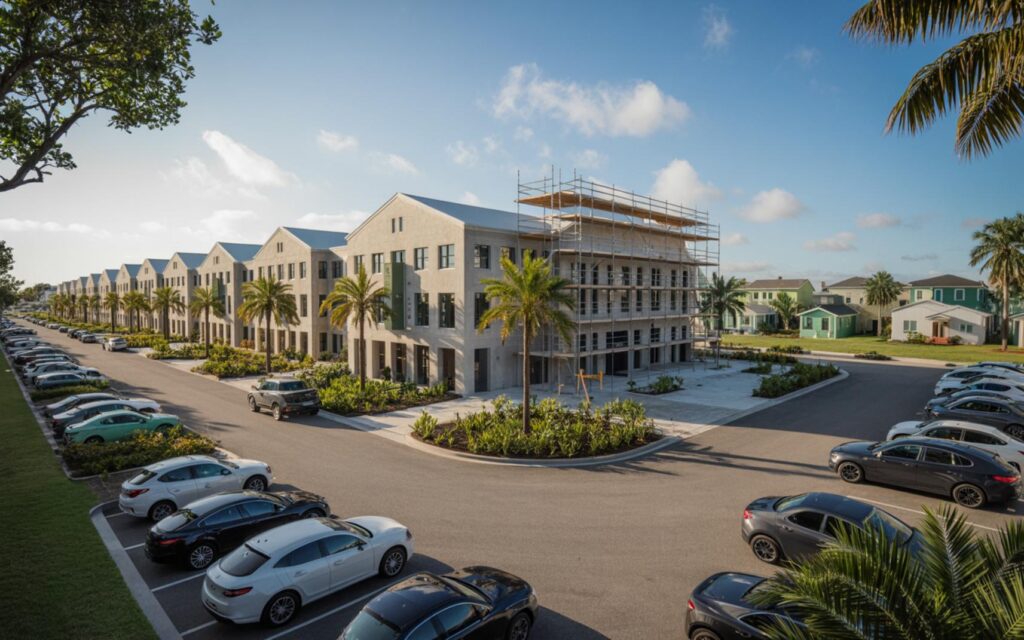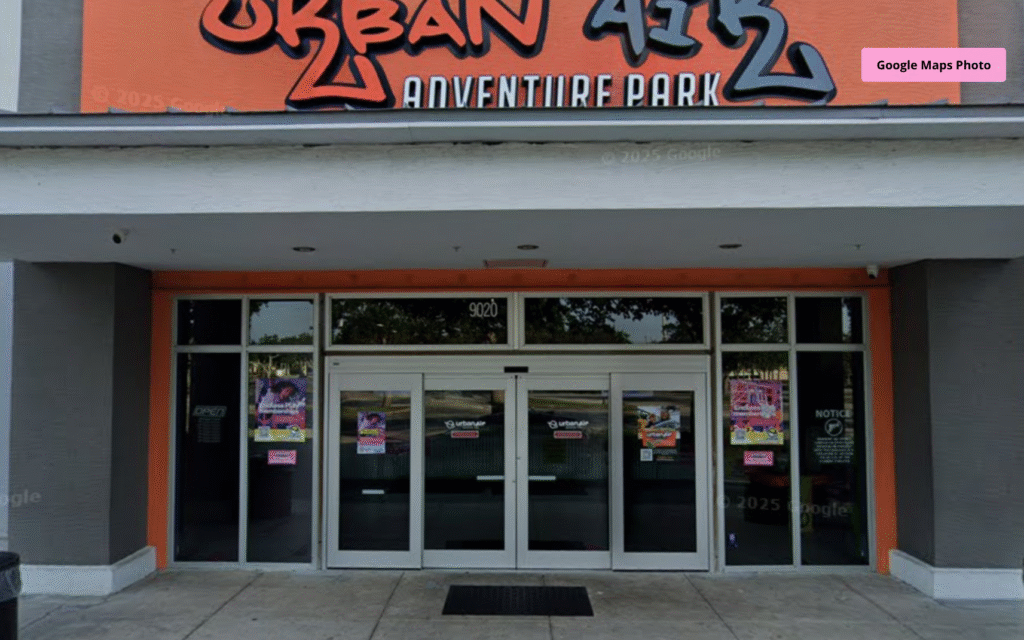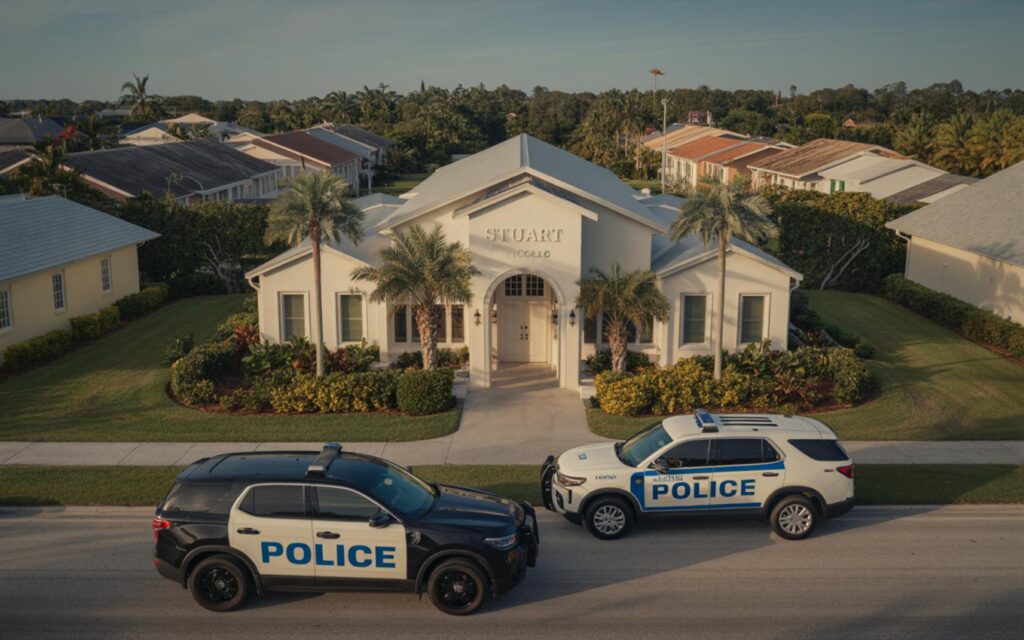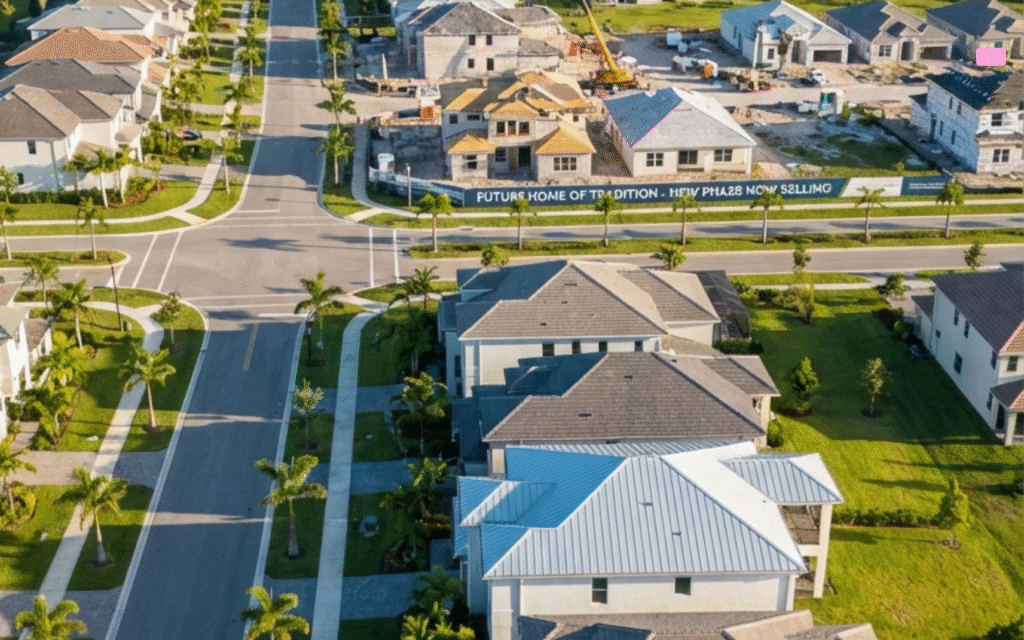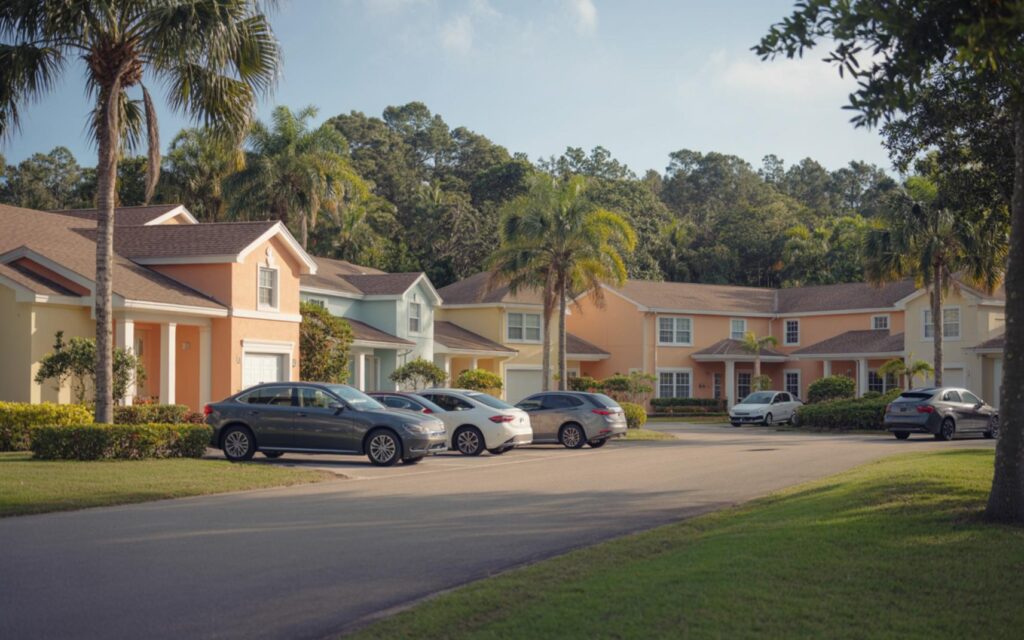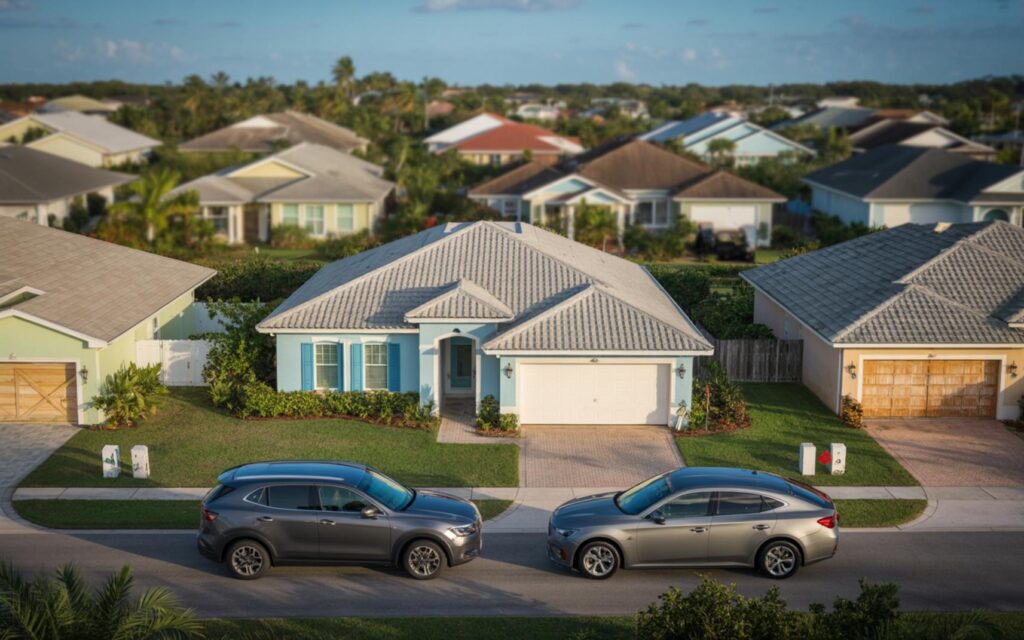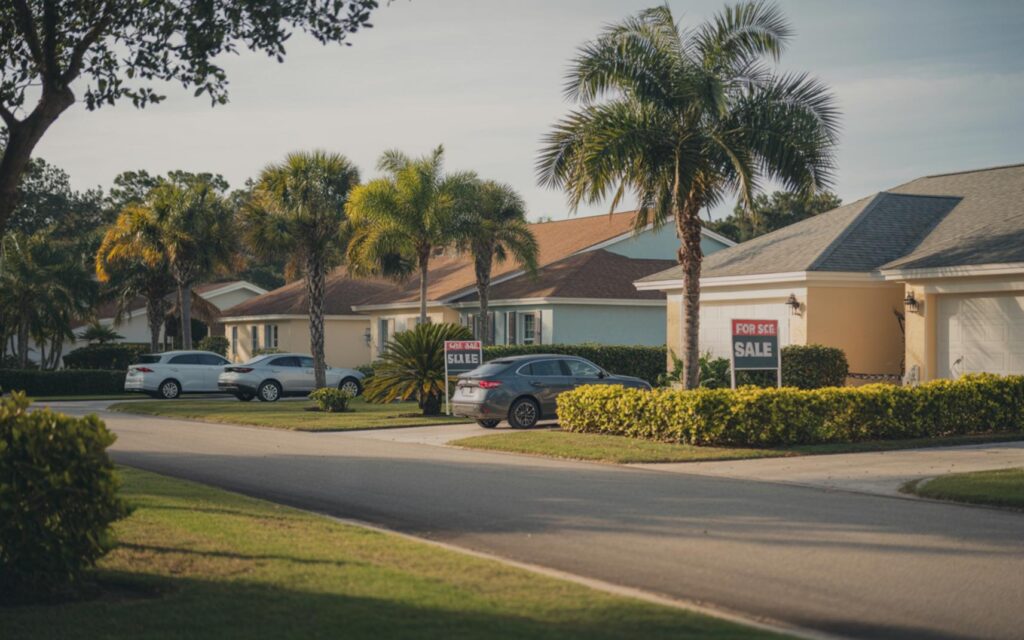Florida home insurance crisis is intensifying as the number of active home insurance policies in the state has dropped by approximately 78% over the past decade. This sharp decline, combined with soaring premiums and rising deductibles, has left many homeowners struggling to secure affordable coverage.
Florida Home Insurance Crisis: Market Shrinks Dramatically
According to state insurance data, Florida’s home insurance market has contracted significantly. The number of active home insurance policies has fallen from over 3 million to around 700,000 in the past ten years. This reduction highlights the growing difficulty for residents to obtain private insurance coverage.
The Citizens Property Insurance Corporation, Florida’s state-run insurer, has seen its market share expand from 6% in 2014 to about 63% by 2024. As private insurers withdraw, Citizens has become the primary option for many homeowners.
Soaring Premiums and Deductibles Impact Homeowners
Average annual home insurance premiums in Florida have surged to between $3,000 and $5,400, according to industry reports. Projections suggest these costs could climb to over $15,000 by the end of 2025, nearly five times the national average.
Premiums have increased by 34% in just the past year. Deductibles have also risen sharply, with a 24.5% increase from 2024 to 2025. These escalating costs are making it difficult for many families to maintain coverage.
Non-Renewal Rates at Record Highs
Non-renewal rates for home insurance policies in Florida have nearly tripled in five years. Data shows a 280% increase from 2018 to 2023, the highest rate in the nation. About 20% of Florida homeowners are now uninsured, either due to unaffordable premiums or an inability to find an insurer willing to write a policy.
Key Drivers of the Florida Home Insurance Crisis
- Intensifying hurricane and flood risks: Catastrophic weather events caused over $50 billion in insured losses from 2017 to 2023.
- Reinsurance costs: Florida insurers face much higher reinsurance expenses than other states. Global reinsurance rates rose 30-50% in 2023 alone.
- Construction and labor costs: Building materials are up nearly 36% since 2020, and construction wages have risen 20-25%.
- Strict underwriting standards: Insurers are unwilling to write new policies in high-risk areas or are imposing requirements that exclude many applicants.
Private Insurers Withdraw from Florida
The private insurance market in Florida is shrinking as several major insurers leave the state or refuse to renew existing policies. Companies cite unsustainable risk and ongoing financial losses as reasons for their exit.
As a result, more homeowners are forced onto the state-backed Citizens Property Insurance plan. According to Citizens, this concentration of risk raises concerns about the state’s ability to cover losses in the event of a major disaster.
Escalating Flood Risks and Statewide Impact
The National Flood Insurance Program reported that payouts in Florida in 2024 exceeded the total of the previous 14 years combined. This surge underscores escalating flood risks across the state.
With increasing numbers of properties uninsured or underinsured, officials warn that a major hurricane could trigger a financial shock capable of destabilizing Florida’s real estate market. Such an event could have broader economic consequences nationwide.
Florida’s Insurance Crisis as a National Warning
Experts view the Florida home insurance crisis as a warning sign for other high-risk states. California and Louisiana are experiencing similar trends, though Florida’s situation is considered the most acute.
Industry analysts express concern that as climate change increases the frequency and severity of extreme weather events, large portions of U.S. real estate may become uninsurable. The insurance industry’s retreat from high-risk areas signals a systemic risk to the broader housing market.
Frequently Asked Questions About Florida Home Insurance Crisis
What is the Florida home insurance crisis?
The Florida home insurance crisis refers to the sharp decline in available home insurance policies, rising premiums, and a growing number of uninsured homeowners. This situation is caused by increased hurricane and flood risks, high reinsurance costs, and insurers leaving the state.
How much have home insurance premiums increased in Florida?
Home insurance premiums in Florida have risen by 34% in the past year alone. Average annual costs now range from $3,000 to $5,400, with projections suggesting they could exceed $15,000 by the end of 2025.
Are there still private home insurance options in Florida?
Private home insurance options in Florida have become limited as many companies have withdrawn or stopped renewing policies. Most homeowners now rely on the state-run Citizens Property Insurance Corporation for coverage.
Can you get home insurance in high-risk areas of Florida?
It is increasingly difficult to get home insurance in high-risk areas of Florida. Insurers are imposing strict requirements or refusing to write new policies in regions prone to hurricanes and flooding.
Where are Florida homeowners most affected by the insurance crisis?
The insurance crisis affects homeowners throughout Florida, especially in coastal and flood-prone regions. Areas with a history of severe weather events face the greatest challenges in securing affordable coverage.

